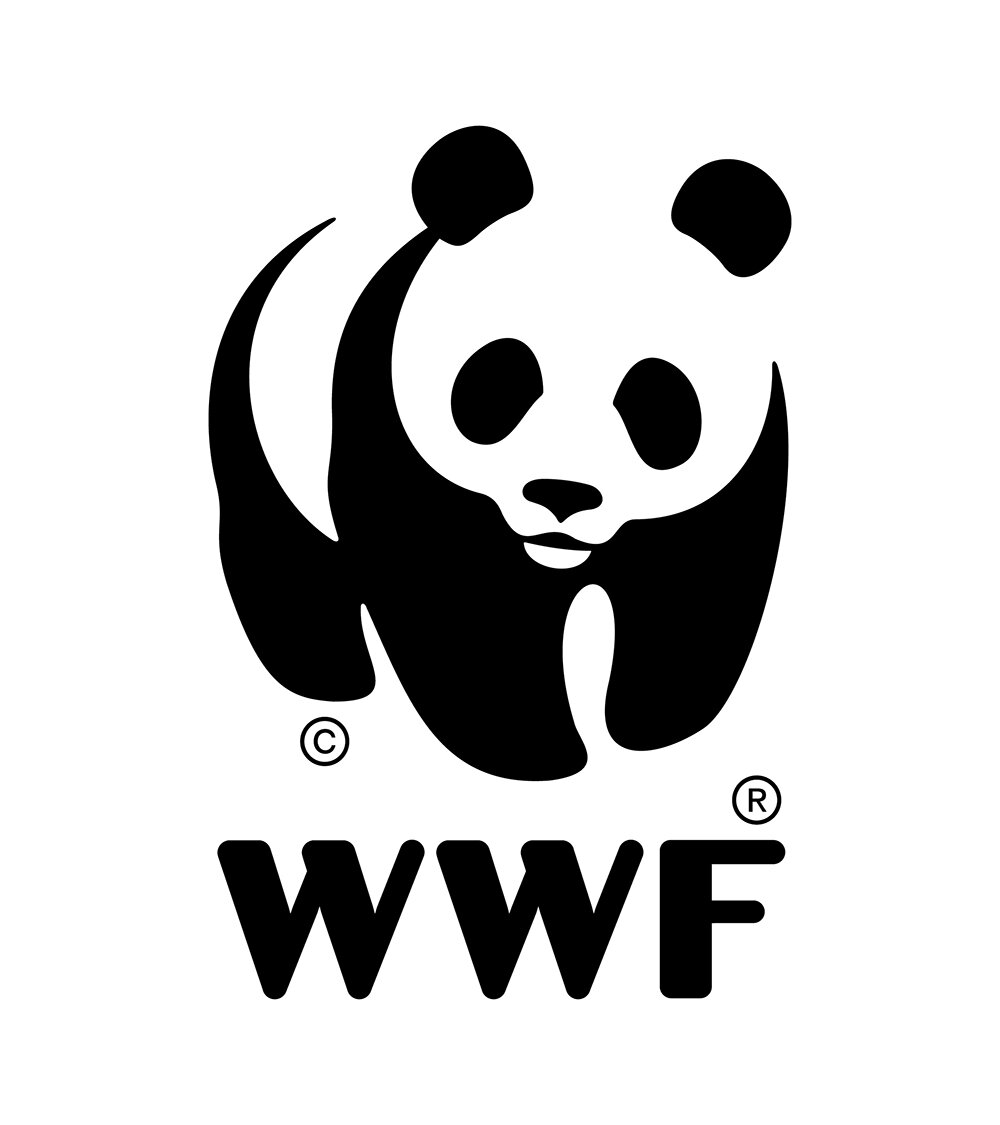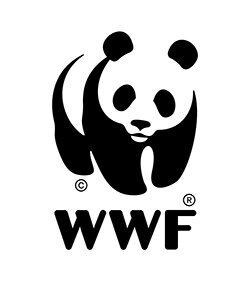Unregulated fishing in the Indian Ocean is putting food security and ocean health at risk
Absence of international arrangements leaves large areas and species including shark and squid open to unregulated exploitation.
Unregulated fishing on the high seas of the Indian Ocean is putting marine life and seafood supplies at risk, new research shows. A report from WWF and Trygg Mat Tracking (TMT) shows for the first time exactly when, where and how unregulated fishing is happening in the region, its impacts on threatened species, and how far it is expanding. Squid fishing in one unregulated area grew by 830% in just five years, for example, while species such as shark have no regulatory frameworks for monitoring and protection.
Unlike illegal and unreported fishing, unregulated fishing is conducted where no legal framework exists, and is not bound by any regional fisheries management and enforcement system.
The Indian Ocean is home to some of the most important fisheries on Earth, accounting for over 14% of global wild-caught fish, but30% of assessed stocks in the region are already being fished beyond sustainable limits. The report shows that unregulated fishing, which is not factored into the 30% calculation, is increasing in intensity, putting essential sources of revenue for millions of people and wider ecosystem health at risk.
The report finds that the existing legal frameworks for fisheries in the Indian Ocean suffer from regulatory gaps in both the geographical areas [directly below and see reference 1] and the species they cover [further below and see reference 2], resulting in unregulated fishing across the region..
Some of these gaps are being targeted by rapidly expanding fishing operations, with others at high risk of future exploitation. It is probable that seafood caught in the absence of sustainable fisheries management or conservation measures is being sold in key global market States, including the European Union (EU).
Dr Antonia Leroy, Head of Ocean Policy at WWF European Policy Office said: "Failing to sustainably manage fisheries furthers overfishing, an already rampant problem around the world. The current regulatory vacuum in the Indian Ocean cannot continue. As the world's top seafood market, the EU must adopt and enforce ambitious traceability measures to prevent unsustainable products from entering the market. These actions will secure the livelihoods of honest fishers, bring credibility to seafood products consumed in the EU and secure the health of our ocean.”
Duncan Copeland, Executive Director at TMT said: “The regulatory gaps in the high seas of the Indian Ocean have not gone unnoticed by international fishing fleets. As global demand for seafood continues to rise, it is imperative that these gaps are closed, or else we face destabilising both marine ecosystems and the marine resources that many people depend on for income and food security. Target 14.4 of the Sustainable Development Goals includes an end to unregulated fishing. That significant areas and species of the high seas - our global commons - remain unregulated is simply crazy.”
In 2017, EUR 25.3 billion of cuttlefish and squid was imported into the EU, originating principally from Indian Ocean fisheries. The rapid escalation of unregulated fishing of squid poses a direct threat not only to the squid, but to the oceanic food web in which they play a critical role, including as a food source for tuna. Indian Ocean tuna fisheries supply nearly 20% of global demand, worth over USD 6.5 billion annually.
Action is required by the Member Countries of the relevant Regional Fisheries Management Organisations to close the regulatory gaps, by China as the flag State of many of the vessels identified fishing in the unregulated areas, as well as by key market States like the EU to ensure that imports of squid and other species do not contribute to the collapse of marine populations vital to oceanic health and seafood supply chains.
Across the Indian Ocean’s high seas, species including sea birds, turtles, dolphins, whales, sharks, rays and crustaceans have no management measures, leaving their catches (whether intentional or accidental) in a legal void. Further, even in areas which do have a fisheries management body, most marine species have no or limited management measures in place.
The management framework for most shark species on the high seas in the Indian Ocean is particularly incomplete. Despite 105 shark species being listed as endangered or critically endangered on the IUCN Red List (up from 68 in 2014) and evidence tying shark declines to tuna fisheries, the absence of regulation for data collection and conservation measures leaves Indian Ocean sharks completely off the radar of any regulatory framework to monitor and protect their populations. In 2017, just 62% of global reported shark catches were recorded, and by taxonomic grouping only, which is not specific enough to determine impacts at species level.
To effectively address unregulated fishing, the report identifies the need for policy makers to embrace bold and ambitious approaches to fisheries management on the high seas of the Indian Ocean. WWF and TMT urge the adoption of an ecosystem-based approach within a better coordinated institutional and regulatory environment across all regional fisheries bodies, both in the Indian Ocean and beyond. In addition, in this overlooked gap, main market States, such as the EU, have a “duty to care” to make sure our consumption does not impact the food security of the most vulnerable communities. The EU must lead by example and push for fisheries management organisations to put tougher, stronger laws in place.
References
1. See map on pages 14-16 of Unregulated Fishing on the High Seas of the Indian Ocean
2. See infographic on pages 34-35 of Unregulated Fishing on the High Seas of the Indian Ocean
WWF is an independent conservation organisation, with over 30 million followers and a global network active in nearly 100 countries. WWF's mission is to stop the degradation of the Earth's natural environment and to build a future in which humans live in harmony with nature, by conserving the world's biological diversity, ensuring that the use of renewable natural resources is sustainable, and promoting the reduction of pollution and wasteful consumption.
Trygg Mat Tracking (TMT) is a not-for-profit organisation that provides national fisheries authorities and international organisations with expert fisheries intelligence and analysis, in support of enforcement actions and broader improvements in fisheries governance.
Contact:
Larissa Clark - Trygg Mat Tracking
Communications. larissa@tm-tracking.org +47 468 52 672
Larissa Milo-Dale - WWF European Policy Office
Senior Communications Officer, Marine. lmilodale@wwf.eu +32 483 26 20 86




